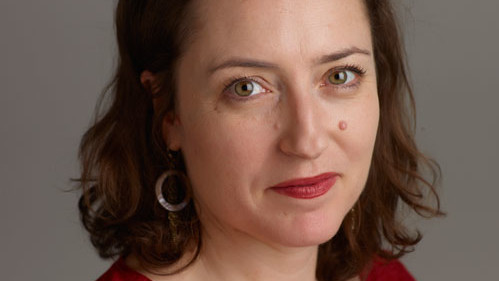I started this blog nine months ago not knowing what to expect.
I was not sure whether anyone would read it; I was not sure I would be able to commit to it; and I was not sure if doing it would ultimately feel as rewarding as I hoped it would be.
Nine months later, I am happy to answer “Yes” to all three questions.
Developing the “Telling The Story” blog has been a great experience so far. And while it has mostly been a solitary experience — I run a relatively autonomous ship over here — it has allowed me to engage with people in a variety of ways across the media landscape.
At this time of taking stock and giving thanks, I would like to give my thanks — both verbally and through links — to the many people who have helped enrich both the blog itself and my personal experience in writing it:
Thanks to my bosses. This blog exists in part because of the blessings of the higher-ups at my full-time job. I am proud to say that I have done some of my best work yet for 11Alive/WXIA-TV this year, and I think I have improved as a storyteller because I constantly examine storytelling in this space.
Thanks to my podcast guests. I am greatly appreciative of the 13 individuals who have taken their time to be interviewed for my Telling The Story podcast. Of those 13, eight of them had never met or spoken with me before, and in many cases I was pleasantly surprised with how quickly they responded and set up an interview.
Case in point: my most recent guests, Joe Brewster and Michèle Stephenson, the filmmakers behind the powerful documentary American Promise. I watched the film on a Saturday night, contacted them Sunday morning, heard back less than an hour, and interviewed them that Tuesday.


